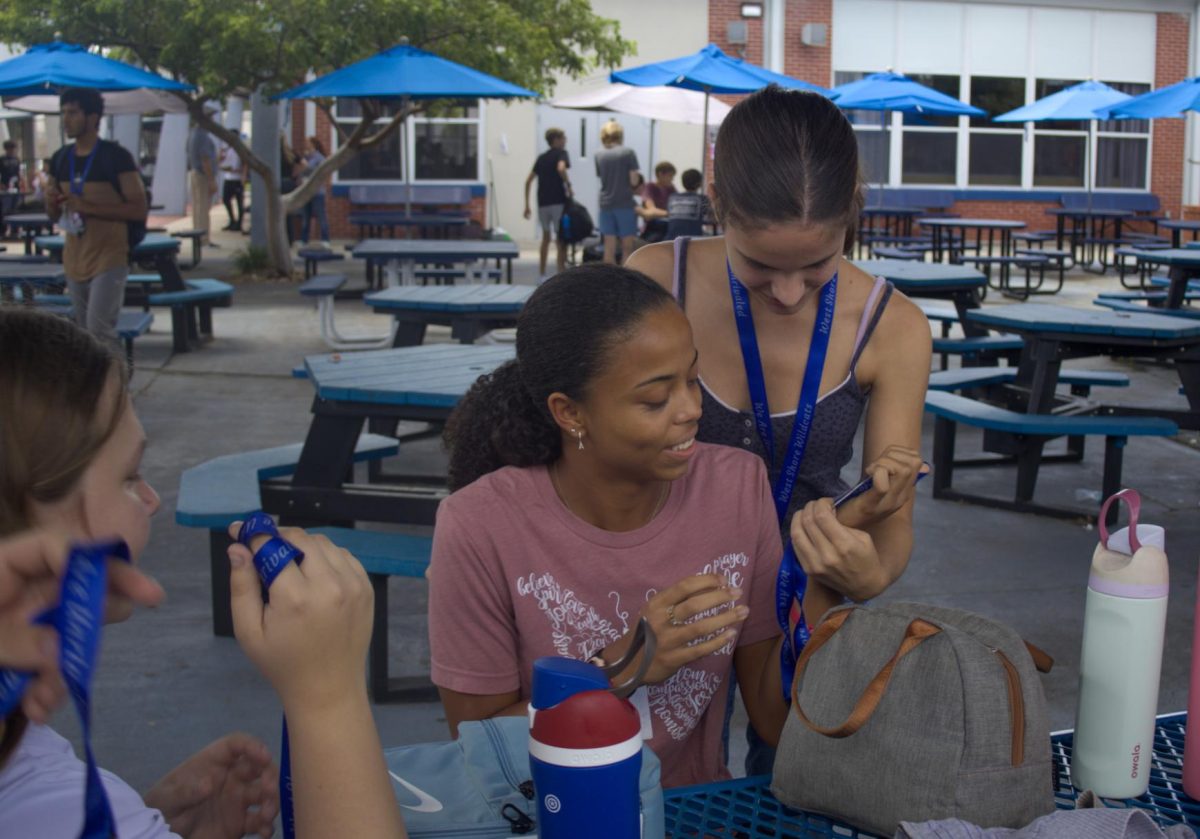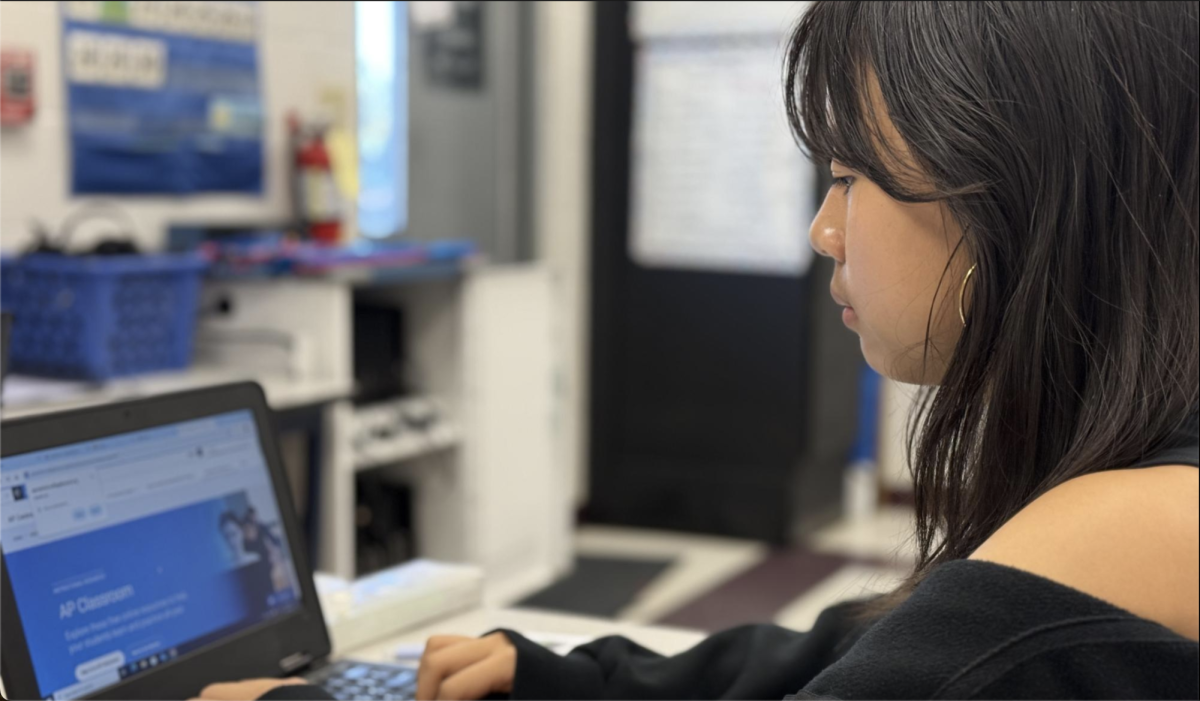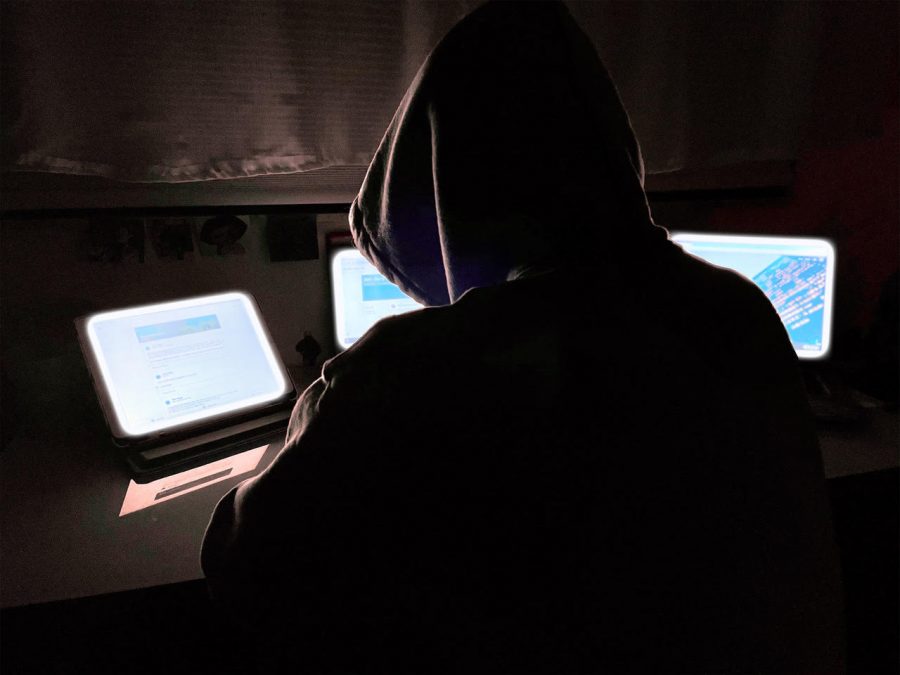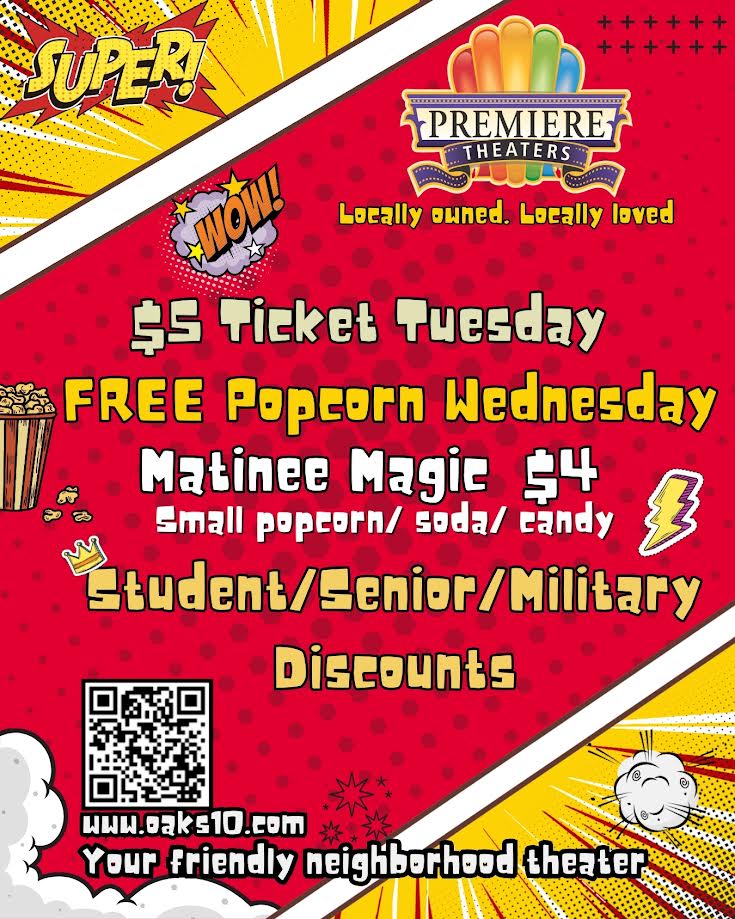E-learners face skepticism over academic integrity
November 3, 2020
As the student clicks on her online algebra test, she realizes she didn’t study enough. She doesn’t feel prepared and stress begins to overcome her. She takes a deep breath and thinks for a minute, then comes up with a solution; she opens up a new tab, without any way of getting caught, and types in a Google search to find the algebra formulas she needs. She passes the test with flying colors, but her advantage over the other students in her class makes her feel guilty.
With the new school year offering the option to learn and work from home, multiple opportunities are given to those to cheat on assignments and tests. Students across the nation are coming up with their own creative ways to do so. Because students are no longer closely monitored in person anymore, they now have the freedom to open up another tab and search the web to finish assignments, without putting forth much effort.
“I think that cheating is unfair and not morally correct,” eighth-grade e-learner Lillian Gustafik said. “Someone studied hard [for] the test, and here is someone just lying to themselves that they are smart and are doing the right thing just so they can get a better score.”
Despite opportunities to dash through schoolwork and still earn a high grade, West Shore aims to protect its reputation for having an honest and hard-working student body.
“I wouldn’t say that cheating is ever expected,” algebra 2 teacher Patrick Pittenger said. “I always expect students to try their best and learn from their experiences. I would agree that students have much more autonomy this year, especially e-learners, however I don’t think that the expectations have changed.”
While on-campus students may be skeptical of e-learners cheating their way through assignments and lessons, Gustafik said such skepticism is unfounded.
“I feel that it is unfair that [people] would think that just because we can cheat, that we would,” Gustafik said. “It’s very unfair, as I would never cheat.”
Although the school’s faculty and staff trust students to show their knowledge and not what they found through a quick Google search, the policies and reprimands are still upheld, in case the honor code is broken.
“According to the West Shore handbook, you can be suspended from one to 10 days depending on factors,” guidance counselor Hannah Smith said. “Many teachers, if they suspect cheating, have their own policies for first-time offenders, zero on the assignment, the possibility of re-doing it with points taken off, etc.. The policies have not changed. Yes, it is a pandemic, it’s hard, but in the face of adversity is when we dial in resilience and grit.”
While the stakes seem to be high for students to complete tasks unfairly, it is possible that the stress and competition of keeping up with the school’s expectations could push them to eventually take the risk anyway.
“West Shore does have high standards and there is also the possibility of removal from the school if a student does not maintain their grades,” Pittenger said. “These factors may encourage students to try to take an easier route to get a grade they didn’t earn, however those are not the students that I have met at West Shore.”
Principal Rick Fleming said it means more for students to do their best and honest work, in regard to long-term effects.
“What we’re trying to get across to students is that when and if you do cheat, you are only cheating yourself,” Fleming said. “The content you are missing, although you may get a decent grade in the class and your GPA is high, when you hit the next level of rigor, whether that be the next level of math, whether it’s here at West Shore or at college, you are cheating yourself out of content that needs to be mastered. At some point, it’s going to catch up with you. You may get away with it today, you may get away with it tomorrow, but you’re not going to get away with it at some point in the future when you have to demonstrate those competencies and those skills necessary for completing that next level of [a] difficult subject matter.”
According to Gustafik, cheating violates West Shore’s goal of “academic excellence.”
“If [e-learners] cannot get good grades or good test scores, then they shouldn’t be in West Shore, as they can’t handle what they need to do so they can succeed morally,” Gustafik said.
“The way our brains work is that we need to see information a few times to develop a new schema,” Smith said. “The more you exercise that schema, the more organized your brain gets; thus creating a network of tightly organized networks that can quickly retrieve information and knowledge. By not exercising your brain, you’re not learning, you’re not allowing your brain to organize itself into those networks, so down the line you are actually hurting your own knowledge base.”
While teachers have to keep an eye on their students for dishonest completion of tasks, they do assume the best of each individual first until the trust is potentially lost, according to Fleming.
“I would say [it is] our accelerated graduation requirements and what we require of students from an academic standpoint, as well as the ‘senior project’ that holds our students to a higher standard in terms of what we expect,” Fleming said. “By being held to a higher standard, and having the majority of their time taken up either doing work or preparing for college or things like that, I think [those things] set us apart individually between us and some comprehensive schools about the focus on the future of our students and their personal intrinsic focus as well.”


![Sophomore Isabelle Gaudry walks through the metal detector, monitored by School Resource Officer Valerie Butler, on Aug. 13. “I think [the students have] been adjusting really well," Butler said. "We've had no issues, no snafus. Everything's been running smoothly, and we've been getting kids to class on time.”](https://westshoreroar.com/wp-content/uploads/2025/08/IMG_9979-1200x800.jpg)














































